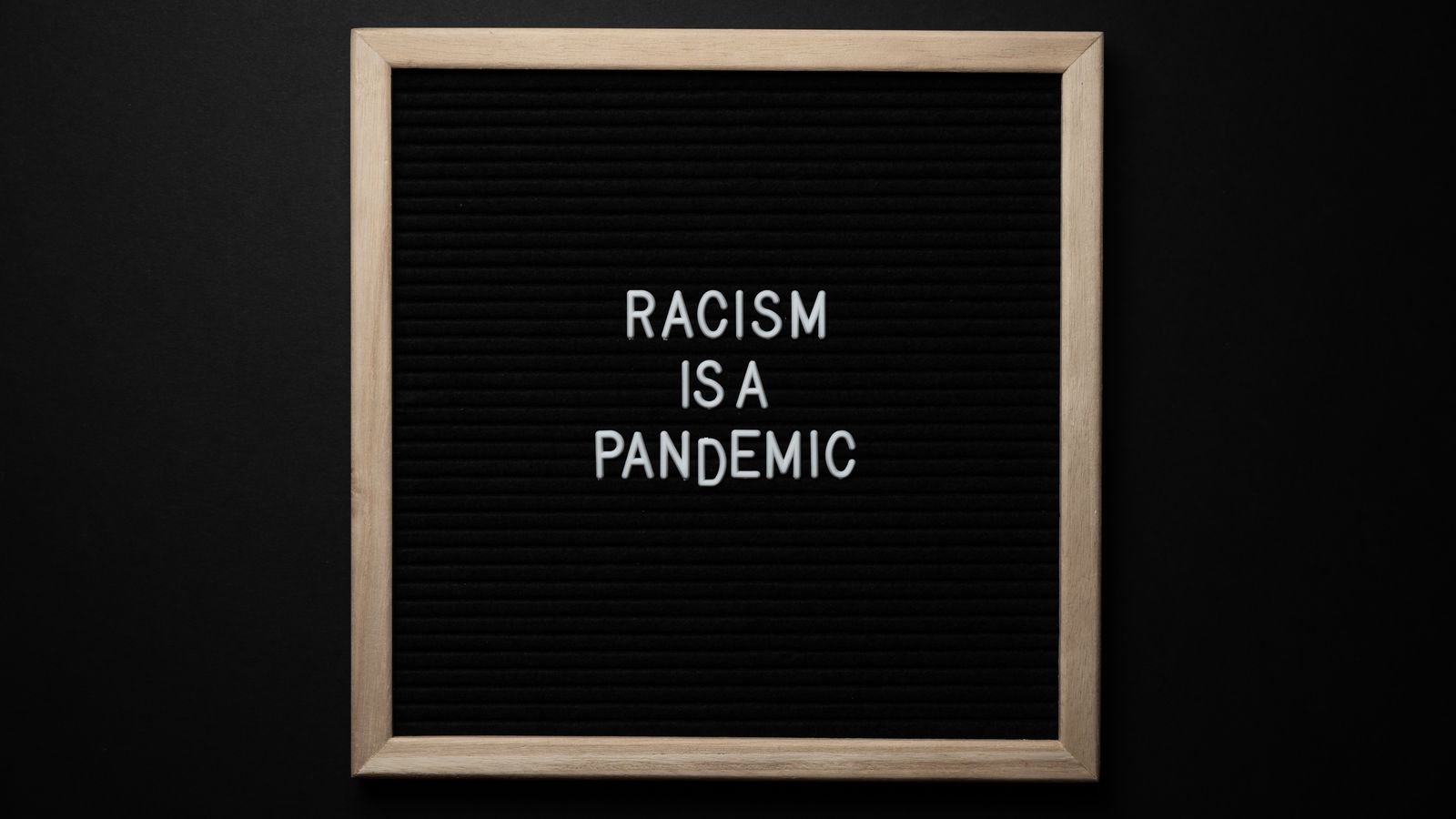The Boston Globe: Prof. Sprague Martinez on How Racial Capitalism Affects Diagnosis & Treatment of Long COVID for People of Color

In an article published by The Boston Globe – which was followed by a letter to the editor from two Boston University School of Social Work faculty – reporter Felice J. Freyer gets insight from Associate Professor Linda Sprague Martinez on why clinics are seeing “mostly middle-class white women” for the lingering COVID-19 symptoms known as “long COVID,” despite greater rates of infection and serious illness among people of color and people living below the poverty line.
Excerpt from “Groups hardest hit by COVID-19 appear least likely to get care for its lingering effects” (March 7, 2022) by Felice J. Freyer, originally published in The Boston Globe:
![]() Subtle prejudice [can] play a role when the chief symptom is severe fatigue, noted Linda Sprague Martinez, an associate professor at the Boston University School of Social Work, who is gathering information from Black and Latino communities on how they’re experiencing the aftermath of COVID-19.
Subtle prejudice [can] play a role when the chief symptom is severe fatigue, noted Linda Sprague Martinez, an associate professor at the Boston University School of Social Work, who is gathering information from Black and Latino communities on how they’re experiencing the aftermath of COVID-19.
“There are populations we are very quick to judge,” Sprague Martinez said. When a Black person, or a Latino person, or a poor person speaks of fatigue, they are often dismissed as lazy, she said.
In a letter-to-the-editor published a few days later, Prof. Sprague Martinez responds to the article, clarifying the framing of her quote by explaining that there is nothing “subtle” about racial capitalism and the ways it drives health care inequity. Dawn Belkin Martinez, a clinical associate professor and associate dean for equity and inclusion at BU School of Social Work, coauthored the letter.
Excerpt from “Hard hit by both COVID and inequity” (March 11, 2022) by Linda Sprague Martinez and Dawn Belkin Martinez, originally published in The Boston Globe:
![]() Racial capitalism is responsible for structural racism. Society produces a system in which people of color are commodified and dominant societal messages negate their human value. Commodification contributes to a narrative in which people of color who describe symptoms of fatigue are denied resources.
Racial capitalism is responsible for structural racism. Society produces a system in which people of color are commodified and dominant societal messages negate their human value. Commodification contributes to a narrative in which people of color who describe symptoms of fatigue are denied resources.
Racial capitalism isn’t subtle, but it is pervasive and insidious. It fuels a dominant narrative that will keep creating inequities in health, in health care, and in chances at life until it is dismantled.
The solution, Sprague Martinez and Belkin Martinez say, lies in communities.
![]() As we learn more about racial gaps in the treatment of “long COVID” (“Tracking lingering effects of COVID-19: Groups hit hardest may be less likely to get care,” Page A1, March 8), efforts to address pervasive illness should follow a multipronged approach. This work should include funding for community-based organizations, outreach through grass-roots organizers and unions, workplace accommodations, housing stability, and policies for long-term unemployment compensation.
As we learn more about racial gaps in the treatment of “long COVID” (“Tracking lingering effects of COVID-19: Groups hit hardest may be less likely to get care,” Page A1, March 8), efforts to address pervasive illness should follow a multipronged approach. This work should include funding for community-based organizations, outreach through grass-roots organizers and unions, workplace accommodations, housing stability, and policies for long-term unemployment compensation.
[Read the full letter to the editor.]
Linda Sprague Martinez is a nationally recognized community and youth engagement expert. She is an associate professor and former chair of the macro practice department at BU School of Social Work, and co-director of the Community Engagement Core at the BU Clinical & Translational Science Institute. Having formerly worked in municipal and state governance and as an adolescent mental health provider, Prof. Sprague Martinez brings practical expertise to community collaborations designed to engage diverse communities of color and low-income residents in community planning and intervention development.
Learn More About Prof. Sprague Martinez’s Research
Dawn Belkin Martinez is a clinical associate professor and the associate dean of equity and inclusion at BU School of Social Work. A social worker, educator, and trainer with more than 30 years of experience in family therapy, substance misuse, trauma, and liberation health practice with immigrant communities, she is committed to growing the movement of radical social work practitioners with a particular focus in liberation health and a social racial justice-based clinical model of social work practice.